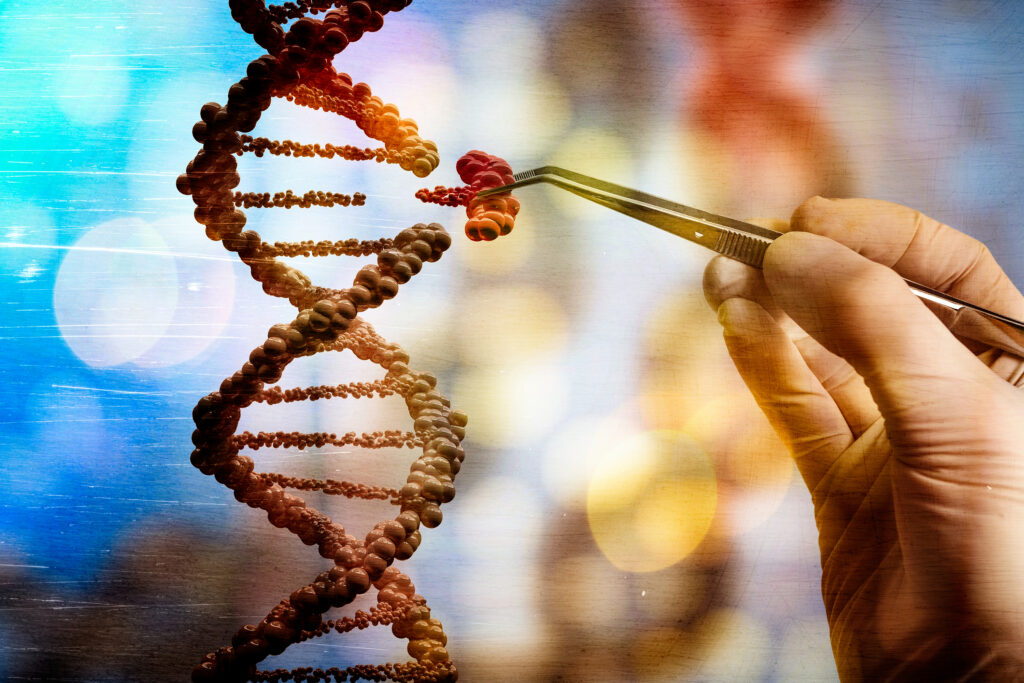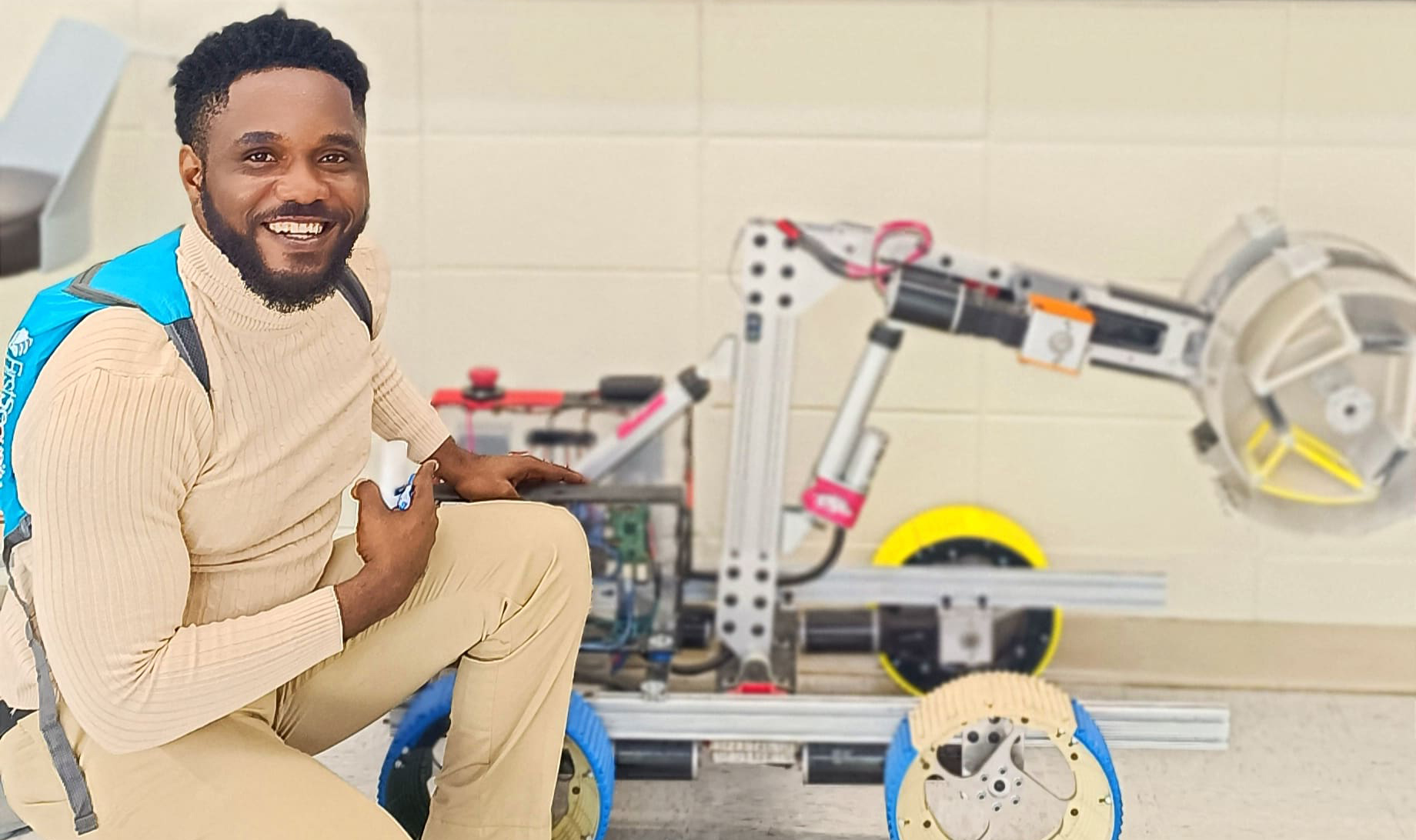In my first article on the science category of this website I wrote about Thomas Kuhn and his ideas around paradigm shifts and scientific progress – below are some recent developments in science that could potentially qualify as “paradigm shifts” in the Kuhnian sense:

- The discovery of dark energy and dark matter:
This has fundamentally changed our understanding of the universe’s composition and expansion, challenging previous models in cosmology. - The development of CRISPR gene-editing technology:
This has revolutionized genetic engineering, offering unprecedented precision in modifying DNA and potentially transforming medicine and biology. - The emergence of quantum computing:
While still in its early stages, quantum computing represents a radical departure from classical computing paradigms and could revolutionize fields like cryptography and complex system modeling. - The discovery of exoplanets:
The confirmation of planets orbiting other stars has dramatically expanded our view of the universe and the possibilities for life beyond Earth. - The development of immunotherapy in cancer treatment:
This approach, which involves harnessing the body’s immune system to fight cancer, represents a significant shift from traditional cancer treatments like chemotherapy and radiation. - The rise of artificial intelligence and machine learning:
These technologies are transforming numerous fields, from data analysis to decision-making processes, and challenging our understanding of intelligence and consciousness. - The discovery of gravitational waves:
This not only confirmed a key prediction of Einstein’s theory of general relativity but also opened up a new way of observing the universe. - The development of the microbiome field:
The growing understanding of the crucial role played by microorganisms in human health and disease has shifted our view of the human body and medicine. - The advent of epigenetics:
This field has changed our understanding of gene expression and inheritance, showing how environmental factors can influence genetic activity without changing DNA sequences. - The development of neuroplasticity theories:
These have transformed our understanding of the brain, showing it to be much more adaptable and changeable throughout life than previously thought.
Here are some recent developments in science that could potentially qualify as “paradigm shifts” in the Kuhnian sense:
While some of these developments are still unfolding, they all represent significant shifts in scientific thinking that could potentially be viewed as paradigm shifts in their respective fields.










Leave a Reply